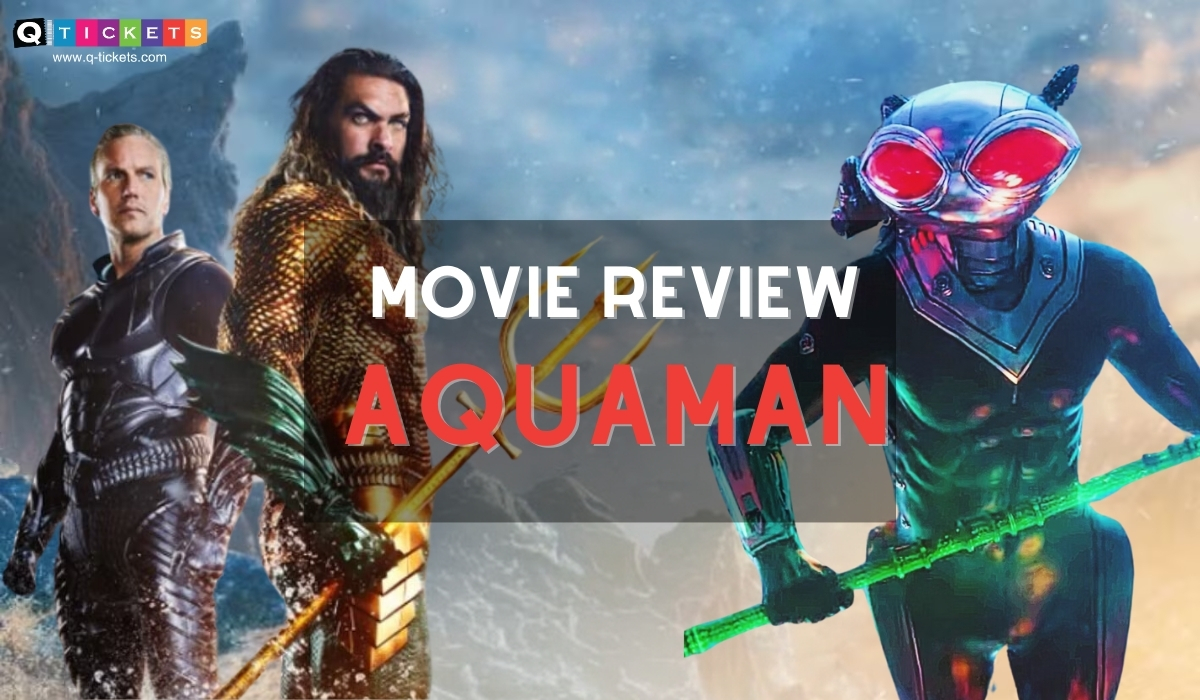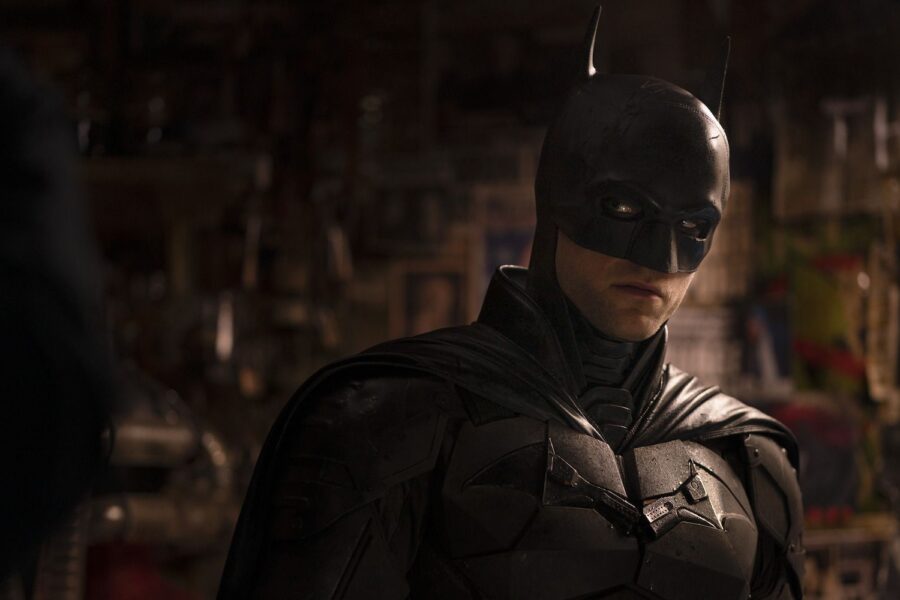Overview:
Rating: 6.5/10
When Warner Bros. first envisioned Jason Momoa as Aquaman in the DC Extended Universe, it raised eyebrows. The idea of a rugged, unconventional ruler of Atlantis seemed peculiar initially, yet surprisingly, it clicked within Zack Snyder’s Justice League. While the film may not have stood out, Momoa’s portrayal hinted at a potential turning point for the franchise.
In the sequel to Aquaman, Arthur Curry is now ruling Atlantis alongside his wife, Mera, and their son, Arthur Jr. However, managing both his duties on land and in the sea has become difficult for him.
A marine biologist named Stephen Shin unwittingly assists David Kane in discovering ancient Atlantean artifacts and a powerful trident that allows Kane to communicate with Kordax, the ruler of the lost kingdom of Necrus. Kane, fueled by a desire for revenge against Curry, makes a pact with Kordax to gain the power to defeat him.
When Kane launches an attack on Atlantis using technology powered by orichalcum, which worsens global warming, Curry realizes he needs assistance. He reluctantly decides to free his half-brother Orm from prison to help confront Kane. Their quest takes them to various underwater locations in pursuit of Kane, who discovers he requires the blood of Curry’s family to unleash Kordax and his army from Necrus.
Cast:
Jason Momoa: Arthur Curry / Aquaman
Patrick Wilson: King Orm / Ocean Master
Yahya Abdul-Mateen II : Black Manta
Amber Heard: Mera
Nicole Kidman: Atlanna
Randall Park: Dr. Stephen Shin
Temuera Morrison: Tom Curry
Dolph Lundgren: King Nereus
Directed by: James Wan
Writers: David Leslie Johnson-McGoldrick, James Wan, Jason Momoa
Review:
The latest installment, “Aquaman and the Lost Kingdom,” grapples with severe editing flaws that hinder its storytelling. The film races through pivotal plot points, favoring flashy action sequences and an abundance of humor reminiscent of a well-worn superhero formula. Despite the visual spectacle, the execution lacks innovation, leaving the audience with a sense of familiarity and predictability in the set pieces.
Momoa’s Aquaman undergoes a notable transformation in this chapter. He evolves from the brash, impulsive hero to a more mature, paternal figure juggling his duties as both a king and a family man. This evolution brings out a lighter and more humorous side of the character, offering audiences a new dimension to the Atlantean ruler. Patrick Wilson’s portrayal of Orm follows a similar trajectory, adding depth to the character’s dynamics within the narrative.
One conspicuous absence is Amber Heard’s Mera, whose role has been significantly reduced due to off-screen controversies. The film fails to address or compensate for her absence adequately, leaving a void in the storyline. Furthermore, Yahya Abdul-Mateen II’s rendition of David Kane, also known as Black Manta, falls short due to an underdeveloped antagonist role, resulting in predictability and a lack of depth in his character’s motivations.
Ultimately, “Aquaman and the Lost Kingdom” struggles to find its footing. The film’s disjointed narrative and rushed production reflect a lack of commitment from both the studio and the creative team. The film fails to capture the cinematic highs and enthusiasm expected from a superhero epic, leaving audiences yearning for more depth and innovation.







Leave a Comment